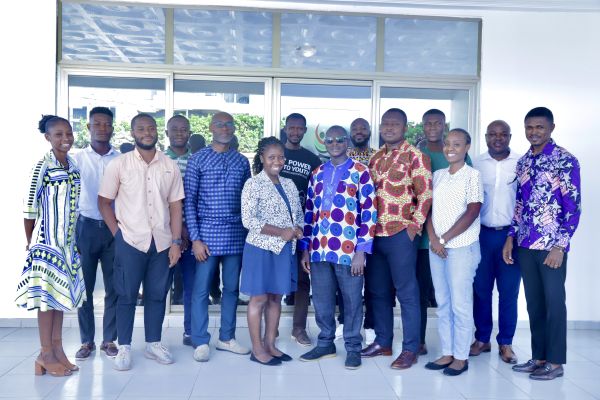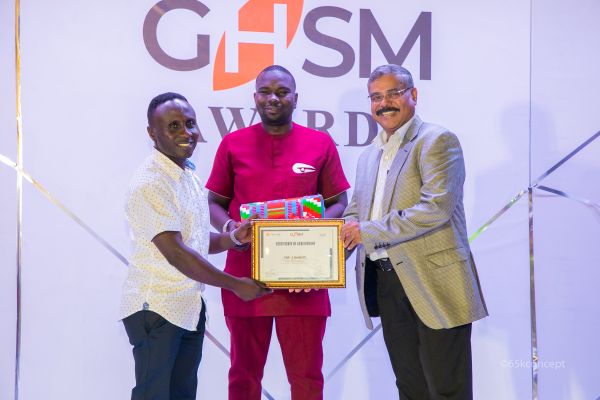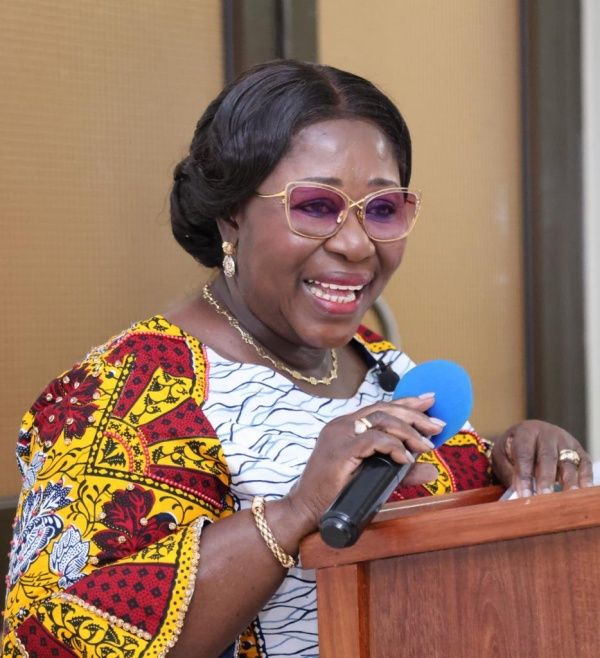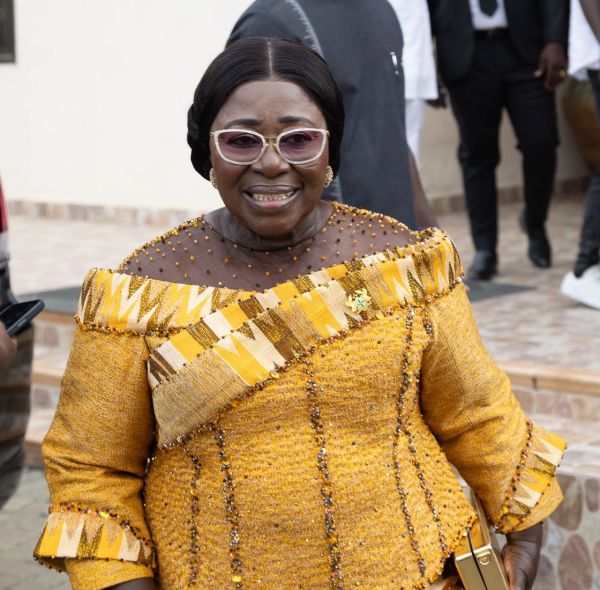
A recent report launched by the West Africa Civil Society Institute (WACSI) last month, ranked Ghana as the most affected country after Nigeria to have suffered from digital security attacks in the last 12 months.
According to the report titled, “Landscape Mapping of Civil Society Digital Security in West Africa,” Ghana scored 5.06% out of 31 of civil society organisations (CSOs) in the region that suffered cyber-attacks over the past 12 months.
In response to this worrying situation among other technological challenges facing CSOs in the country, the Civic Space Resource Hub for West Africa (CSR-Hub) has organised a three-day rigorous training on digital security and protection for 20 Ghanaian civic actors. Co-managed by WACSI and Spaces for Change, Nigeria (S4C), CSR-Hub is a capacity building platform for CSOs pushing back restrictions to open civic space, enabling environment, civil liberties, and open society in West Africa. One of the priority areas of the Hub is to reinforce the digital resilience of civil society in the region.
Drawn from 10 CSOs in the country, constituting the Ghana cohort of the Hub, the actors gained valuable insights into digital security issues and safety protocols which will help them to protect their organisations from cyber-attacks.
The training, which took place in Accra from 3 – 5 May, gave the CSOs a unique opportunity to share knowledge and unlearn certain obsolete digital cultures that made them easily vulnerable to attacks. The CSOs were Civil Society and Institutional Foundation, NORSAAC, Parliament Network Africa, West Africa Drug Policy Network and WERENGO.
The others were, Human Rights Reporters Ghana (HRR-GH), West African Youth Alliance, Gender Centre for Empowering Development, Centre for Public Interest Law and Nyankonton Aid Foundation. Through the workshop, the actors came up with digital security policy and action plans for their organisations.
If well implemented, these plans are expected to significantly improve on their digital security efforts so that they can effectively safeguard their organisations from cyber-attacks. The training was at the behest of WACSI and facilitated by resource experts from Penplusbytes, a Ghana-based non-profit organisation driving change through new digital technologies.
Executive Director of Penplusbyte, Jerry Sam, who was the lead facilitator of the training charged Ghanaian CSOs to prioritise digital security issues. He said it was risky for CSOs to be unconcerned about the possible threats they exposed themselves to while using technology for their work.
“NGOs globally rely on mobile and digital technologies to coordinate and fulfil their missions and this, coupled with the large volume of data NGOs hold of their clients and stakeholders, make them very susceptible to cyber-attacks,” Sam said.
He added that donors were also likely to stop sponsoring CSOs who do not have in place cybersecurity resilience plans. “Non-profits must plan, prevent, and insure their organisations against cyber-attacks. There is also the need to educate and train staff in the NGO space on cybersecurity best practices,” he advised.
This workshop formed part of capacity strengthening initiatives under the digital security and protection pillar of the Hub aiming to build a robust digitally resilient civil society in West Africa.











